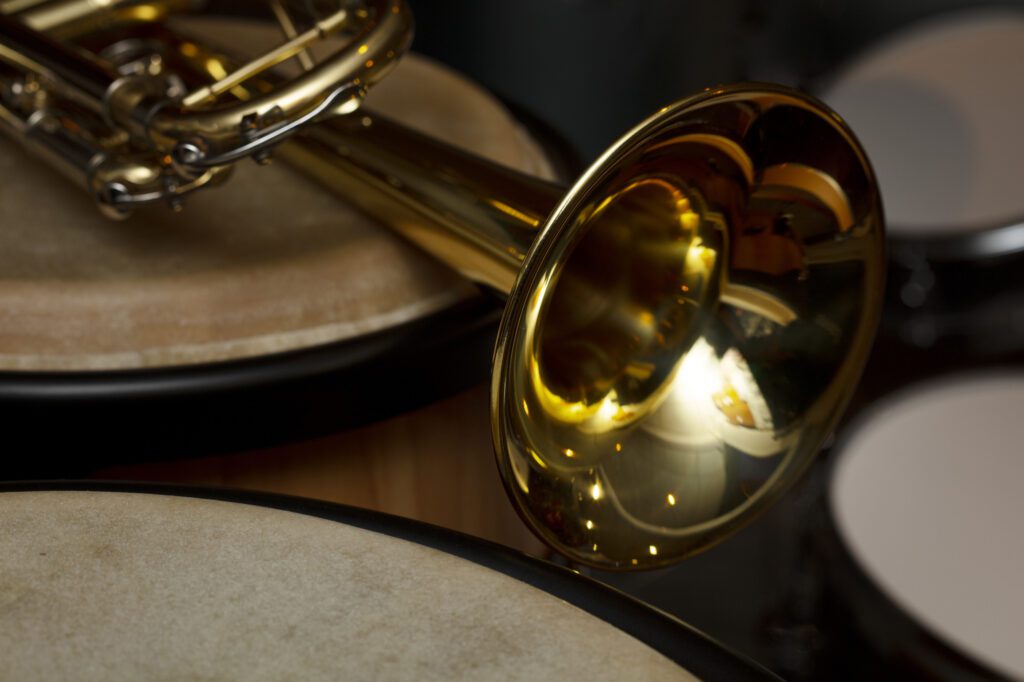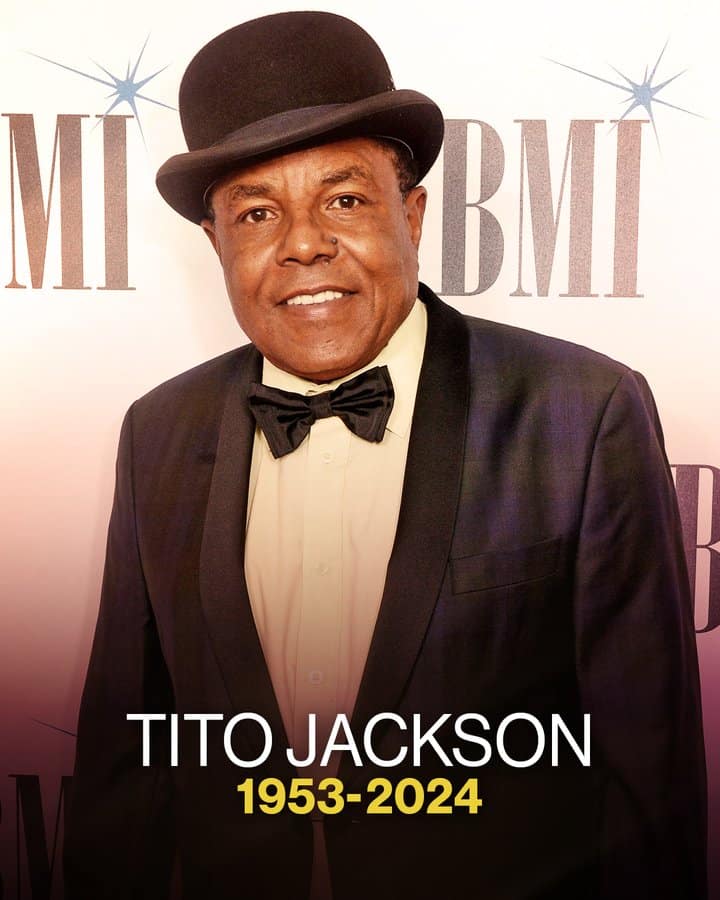Jazz music, characterized by its swing and blue notes, improvisation, and complex chords, has a rich history that has evolved significantly over the decades. Here’s a look at the journey of jazz from its origins to the present day.
Origins: Jazz originated in the late 19th and early 20th centuries in the African-American communities of New Orleans. It was influenced by ragtime, blues, and brass band music. The city’s cultural diversity and vibrant nightlife provided a fertile ground for the development of this new music genre.
The 1920s – Jazz Age: The 1920s, also known as the Jazz Age, saw jazz become immensely popular in the United States. This era was marked by the rise of big bands and the proliferation of jazz clubs. Legendary figures like Louis Armstrong, Duke Ellington, and Bessie Smith emerged during this time, shaping the sound and style of jazz.
Swing Era (1930s-1940s): The swing era brought jazz to mainstream audiences. Big bands dominated the music scene, with artists like Benny Goodman, Count Basie, and Glenn Miller leading the way. Swing music was characterized by its strong rhythm section, horn arrangements, and danceable beats.
Bebop (1940s-1950s): Bebop emerged in the 1940s as a reaction to the commercialism of swing. It was more complex and faster-paced, with intricate melodies and extended improvisations. Key figures included Charlie Parker, Dizzy Gillespie, and Thelonious Monk. Bebop set the stage for modern jazz.
Cool Jazz and Hard Bop (1950s-1960s): In the 1950s, cool jazz and hard bop became prominent. Cool jazz, exemplified by artists like Miles Davis and Dave Brubeck, was more relaxed and subdued. Hard bop, represented by musicians such as Art Blakey and Horace Silver, combined elements of bebop with blues and gospel influences.
Modal Jazz (1950s-1960s): Modal jazz, pioneered by Miles Davis and John Coltrane, focused on musical modes rather than chord progressions. This approach allowed for greater improvisational freedom and resulted in iconic albums like “Kind of Blue” and “A Love Supreme.”
Free Jazz (1960s-1970s): Free jazz, led by artists like Ornette Coleman and Cecil Taylor, broke away from traditional structures and embraced avant-garde elements. It emphasized collective improvisation and often eschewed fixed tempos and chord changes.
Fusion (1970s-1980s): Jazz fusion combined jazz with rock, funk, and R&B. Artists like Herbie Hancock, Chick Corea, and Weather Report experimented with electric instruments and synthesized sounds, creating a new, dynamic genre.
Modern Jazz (1990s-Present): Today, jazz continues to evolve, incorporating influences from hip-hop, electronic music, and world music. Contemporary artists like Kamasi Washington, Esperanza Spalding, and Robert Glasper are pushing the boundaries of jazz, blending it with diverse genres and creating innovative sounds.
Jazz has continually reinvented itself while maintaining its core elements of improvisation and musical expression. Its rich history and evolution reflect the creativity and resilience of the artists who have shaped it, making jazz a timeless and ever-relevant genre.





















